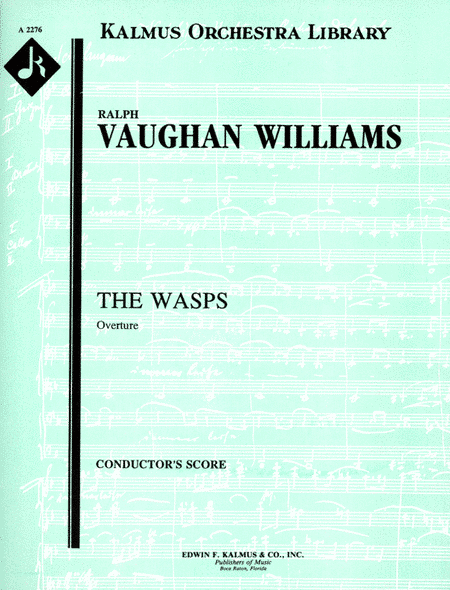Breaking: Famous music publisher stops the presses
mainIt appears that Edwin F. Kalmus, one of the major colophons in music publishing since 1926, has ceased operations and is looking for a buyer. Kalmus describes itself as the greatest collection of orchestral and operatic music ever available from a single source.
Here’s the statement:
Dear Edwin F. Kalmus and LudwigMasters Customers,
We wanted to give you an update on the state of our business. As of 10-23-19 we will stop all printing operations. We are working with potential buyers who will resume filling orders after a sale has occurred. We deeply regret any and all inconveniences this causes you and your customers.
If you are in desperate need of one of our publications, here is a solution. JW Pepper has been kind enough to post an abundance of our publications on their website, available for download through eprint. Most of the Latham Music Catalog is there as well as the last few years of
LudwigMasters new issues for concert band, string orchestra and chamber music. This does NOT include any Kalmus works.
Again we are deeply sorry and hope to have our products available to everyone after a sale has occurred.
Thank you,
Sincerely,
Joseph Galison
President






Comments